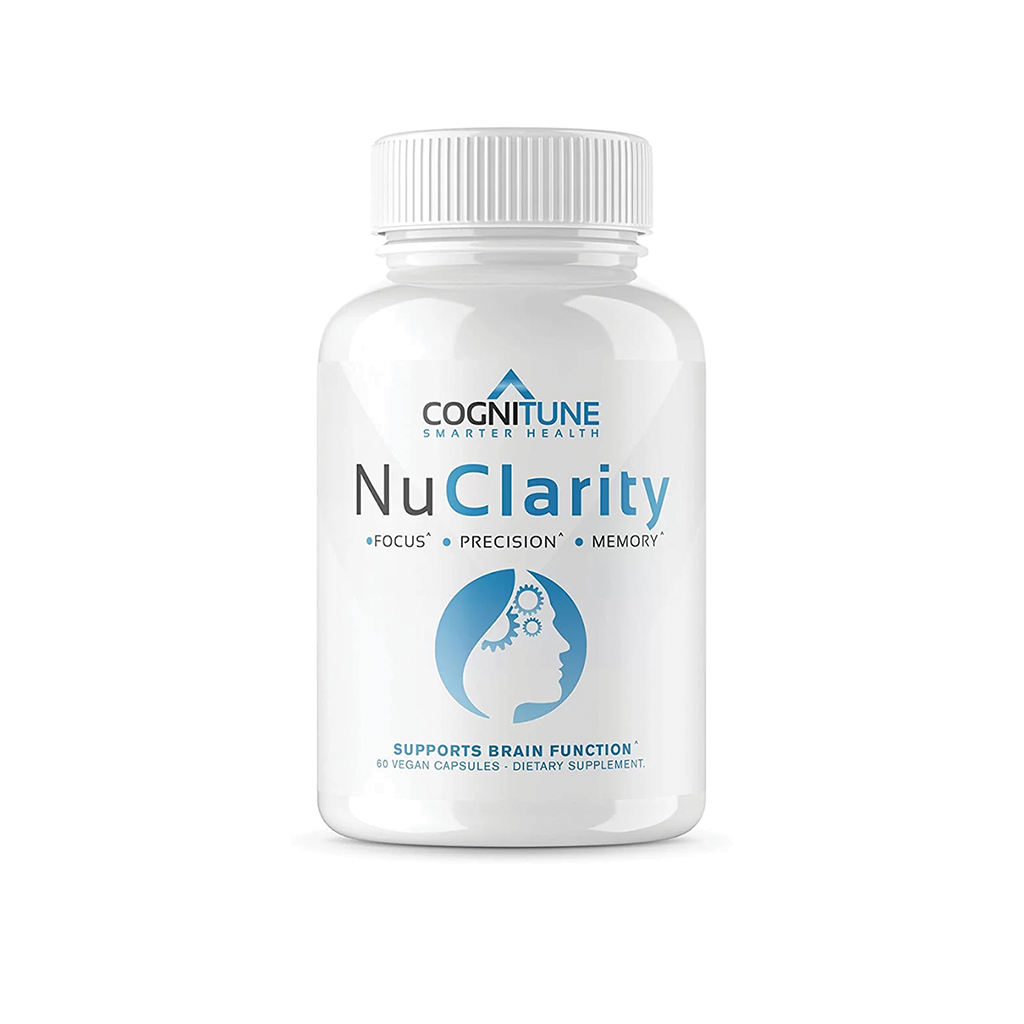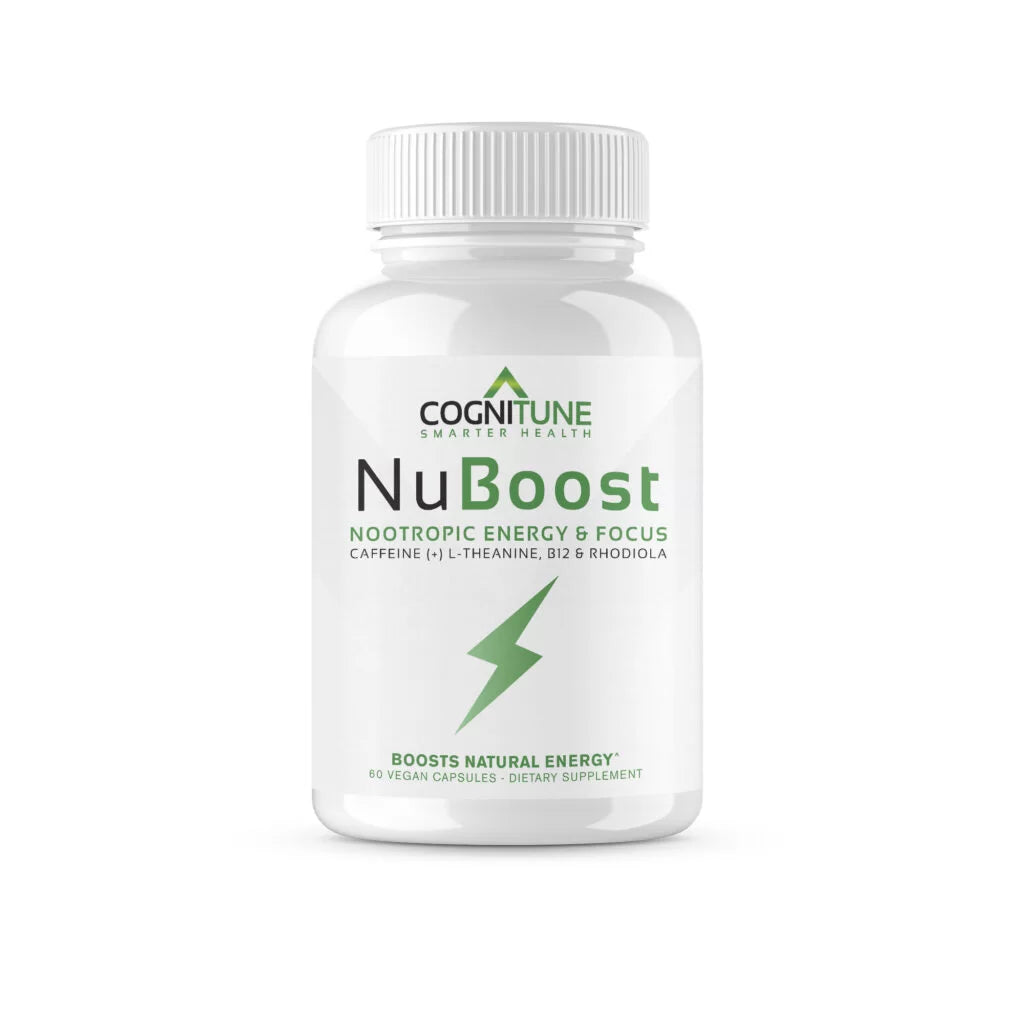Clear the Haze: Scientific Strategies to Alleviate Brain Fog

Brain fog can feel like a mental cloud that dulls your ability to think clearly, focus, or recall information. Whether it’s caused by poor sleep, stress, diet, or underlying health conditions, brain fog can disrupt your daily life and productivity. While not a medical diagnosis, this frustrating cognitive state often signals that your brain needs better care and attention.
Fortunately, brain fog isn’t something you have to live with. By understanding its causes and implementing targeted lifestyle changes and mental exercises, you can reclaim mental clarity and boost your cognitive performance. In this article, we’ll explore the science behind brain fog and provide practical, research-backed solutions to help you feel sharper and more focused every day.
What Causes Brain Fog?
Brain fog is often linked to lifestyle factors and physiological imbalances. Common causes include:
-
Poor Sleep: Sleep deprivation disrupts the brain’s glymphatic system, responsible for clearing toxins, leading to impaired memory and focus.
-
Nutritional Deficiencies: Low levels of vitamins like B12, magnesium, and omega-3 fatty acids can hinder neurotransmitter production and brain function.
-
Chronic Stress: High cortisol levels over time can damage brain cells, particularly in the hippocampus, which is critical for memory.
-
Dehydration: Even mild dehydration can reduce blood flow to the brain, causing fatigue and difficulty concentrating.
-
Inflammation: Systemic inflammation, often caused by a diet high in sugar and processed foods, has been linked to cognitive dysfunction.
Understanding these underlying causes can help you address brain fog at its root, rather than merely managing the symptoms.
Science-Backed Mental Exercises to Improve Clarity
Engaging in cognitive training is a powerful and effective way to combat brain fog. By challenging your brain with mental exercises, you stimulate neuroplasticity, the brain’s remarkable ability to form and reorganize neural connections. These activities not only improve clarity and focus but also enhance memory and problem-solving skills over time. Here are some science-backed exercises to get started:
Mindfulness Meditation is one of the simplest yet most impactful practices for clearing mental fog. Regular meditation reduces cortisol levels, the stress hormone that can impair cognitive function, while improving attention span and working memory. Research shows that just ten minutes of daily mindfulness meditation can significantly enhance mental clarity. To practice, find a quiet space where you can sit comfortably. Close your eyes and focus on your breathing, taking slow, deep breaths. If your mind wanders—which is natural—gently redirect your focus back to your breath. With consistency, this practice trains your brain to stay present and improves its ability to concentrate.
Another effective method is engaging in brain-training games, which are designed to challenge cognitive flexibility and memory. Games like Sudoku, crosswords, and memory-matching puzzles require mental effort, stimulating various regions of the brain. These activities not only provide entertainment but also improve problem-solving skills and attention span. For a more structured approach, apps like Lumosity or Peak offer gamified cognitive training programs tailored to different skill levels. Incorporating these exercises into your routine can make a noticeable difference in mental sharpness.
Visualization exercises are another excellent tool to enhance mental clarity. This practice activates the brain’s prefrontal cortex, which is crucial for decision-making and planning. To try it, close your eyes and imagine a serene scene in vivid detail—a quiet beach with gentle waves or a lush forest filled with birdsong. Concentrate on the sights, sounds, and even smells of the environment to engage multiple sensory areas in your brain. Visualization not only calms the mind but also improves your ability to focus and think creatively.
Finally, one of the most rewarding ways to combat brain fog is to learn something new. Taking on a new skill forces your brain to build fresh neural pathways, keeping it active and resilient. For instance, learning to play a musical instrument challenges your auditory, motor, and memory systems simultaneously, while studying a new language engages your brain’s language and problem-solving centers. Even simpler hobbies, like knitting or cooking a new recipe, can have a profound impact on mental clarity. These activities stimulate different parts of your brain, promoting long-term cognitive health and reducing the effects of brain fog.
By incorporating these mental exercises into your daily life, you can train your brain to stay sharp, adaptable, and focused, paving the way for improved clarity and cognitive function.
Daily Lifestyle Changes to Clear Brain Fog
1. Optimize Your Nutrition
The brain consumes 20% of the body’s energy, so it’s essential to fuel it with nutrient-rich foods.
-
Increase Omega-3 Fatty Acids: Found in fatty fish, flaxseeds, and walnuts, these are essential for brain cell communication.
-
Limit Sugar and Processed Foods: High sugar intake can cause spikes and crashes in blood sugar, leading to fatigue and fogginess.
-
Prioritize Antioxidants: Blueberries, spinach, and dark chocolate help reduce oxidative stress in the brain.
2. Hydrate Consistently
The brain is 73% water, and even mild dehydration can impair cognitive function. Aim for at least 8-10 glasses of water daily, and include water-rich foods like cucumbers and melons in your diet.
3. Get Quality Sleep
Sleep is when your brain clears toxins and consolidates memories. Adults should aim for 7-9 hours of uninterrupted sleep each night.
Tips for better sleep:
-
Avoid caffeine after 2 PM.
-
Establish a calming bedtime routine, such as reading or meditating.
-
Keep your bedroom cool, dark, and free of electronic distractions.
4. Incorporate Physical Activity
Exercise increases blood flow to the brain, delivering oxygen and nutrients. It also stimulates the release of brain-derived neurotrophic factor (BDNF), a protein that supports memory and learning.
Best exercises:
-
Aerobic activities like walking, cycling, or swimming.
-
Yoga, which combines physical movement with mindfulness.
5. Manage Stress Effectively
Chronic stress is a significant contributor to brain fog. Reducing stress can help restore mental clarity.
-
Practice deep breathing exercises: Deep breaths signal the brain to relax and reduce cortisol levels.
-
Set boundaries: Avoid overcommitting and allow yourself time to recharge.
Supplements to Support Brain Clarity
While lifestyle changes form the foundation, supplements can complement your efforts.
-
NuClarity: A blend of Bacopa Monnieri, Phosphatidylserine, and other nutrients that support focus and memory.
-
NuBoost: Designed to enhance energy and mental performance, this supplement is perfect for tackling brain fog caused by fatigue.
Call to Action
Brain fog doesn’t have to hold you back. With a combination of mental exercises, lifestyle changes, and proper nutrition, you can regain mental clarity and perform at your best. For added support, explore NuClarity and NuBoost from CogniTune—supplements designed to empower your journey to better brain health.
Visit Our Store today and take the first step towards a sharper, more focused you.
FAQ Section
1. What causes brain fog?
Brain fog can result from poor sleep, chronic stress, dehydration, nutritional deficiencies, or inflammation caused by processed foods.
2. Can brain fog be cured?
While brain fog isn’t a disease, addressing its root causes through lifestyle changes and mental exercises can significantly improve symptoms.
3. How does exercise help brain fog?
Exercise boosts blood flow to the brain and stimulates the release of proteins like BDNF, which supports cognitive function and mental clarity.
4. Are supplements effective for brain fog?
Yes, supplements like NuClarity and NuBoost can help by providing nutrients that enhance focus, memory, and energy.
5. How long does it take to alleviate brain fog?
This depends on the cause. With consistent changes in sleep, diet, and stress management, many people notice improvements within a few weeks.



